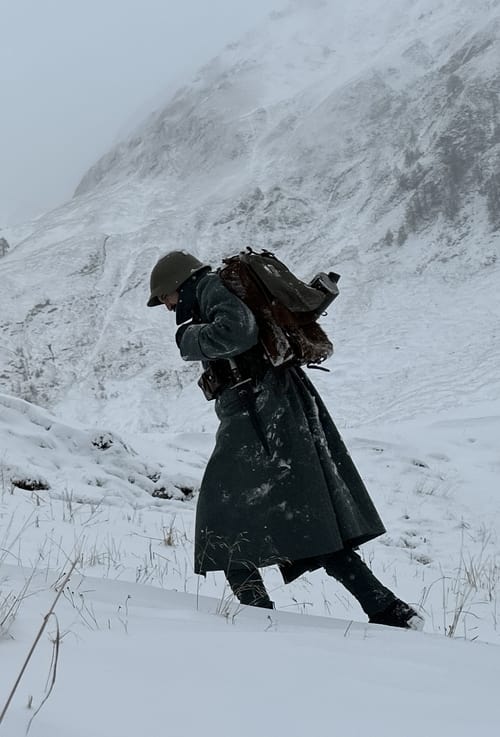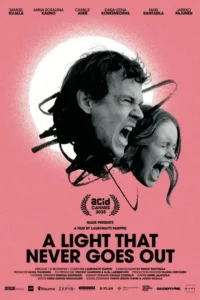Last updated on September 8, 2023
A film by Giorgio Diritti
With: Franz Rogowski, Christophe Sermet, Valentina Bellè, Noemi Besedes, Joel Basman, Oliver Ewy, Christian Bianco
Lubo is a Yenish and his story takes place against the backdrop of the persecution of gypsies in Switzerland in the late 1930s.
Our Review: **(*)
Lubo, the new film by Diritti, whose credits include I wanted to hide, shares many of the same qualities, notably the ability to tell an intriguing story effectively and fluidly, with its epic moments, and to showcase an actor who manages to turn his difference into strength, all in a classic, romantic way. In its first two thirds, Lubo even seems to be strongly inspired by two Franco-Italian films from the 80s, as our hero (a very credible Franz Rogowski) reminds us of two well-known Alain Delon interpretations: on the one hand, the elegance and professionalism of Mr Klein, the mystery surrounding his activity as an art dealer and the resonance this may have with the horror of the Holocaust, and on the other, the destiny that changes completely, after an encounter gives rise to a plan to change one’s life, one’s identity, like the hero of Purple Midi . .. In the third third of the story, Diritti returns to a plot that has been left unresolved for some time, but which is nonetheless central to the story: a value of our criminal hero, a promise he has made to himself, which haunts him and justifies his every move and every action, resisting the passage of time and the trials of life, be they positive (falling in love, rebuilding a family) or negative (we won’t divulge them). In this way, Diritti takes his story a step further, not on a purely emotional level (which works rather well, thanks to a patient pace that’s not overbearing, without too many false notes) but in terms of its historical resonance. Indeed, our hero’s relentless pursuit of what has been stolen from him will lead him to discover well-kept secrets that are much more a matter of history than a simple news item. The three hours we spend with our curiously duplicitous hero, following his quest and the ups and downs that fate has in store for him, serve as a reminder of the very special treatment meted out to people of Gypsy origin during the Second World War, and the despicable acts committed against their children under the guise of charity. This is certainly a story in the past tense, but it should probably be seen as a warning for the present, as a memorial.










Be First to Comment